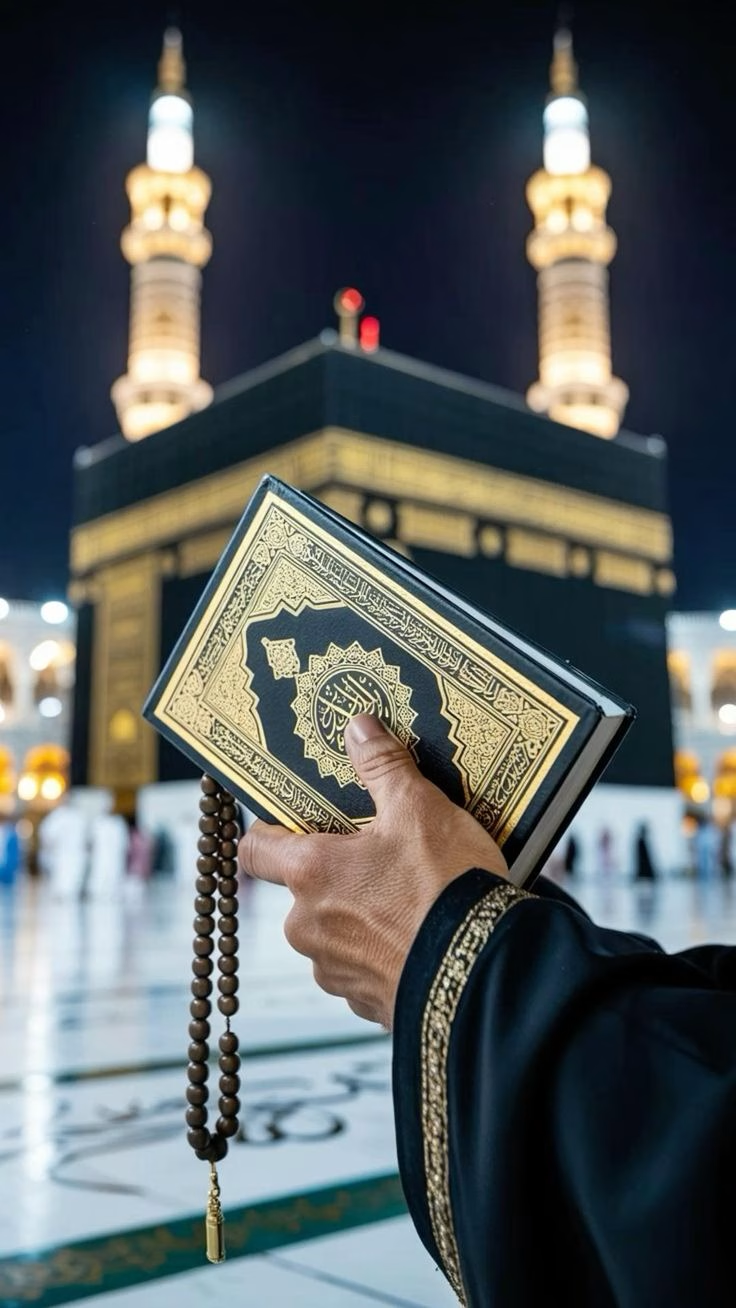A Blessing in Every Sip: Gratitude in the Face of Global Injustice
Title: A Blessing in Every Sip: Gratitude in the Face of Global Injustice Category: Reflections, Gratitude, Current Affairs Tags: Blessings, Gratitude, UK, Gaza, Injustice, Quran, Hadith, Qaroon, Haman Assalamu Alaikum…

Unlock the Power of Sadqah: A Divine Investment in This Life and the Next
Enter the competition below to win a Qur’an smart watch Unlock the Power of Sadqah: A Divine Investment in This Life and the Next In a world filled with uncertainty,…

Unlocking the Meaning: A Deep Dive into Surah Al-Qiyamah
Unlocking the Meaning: A Deep Dive into Surah Al-Qiyamah Posted on [Insert Date] | Category: Tafseer, Quran, Hereafter Surah Al-Qiyamah (The Resurrection) is a powerful, early Meccan Surah that strikes…
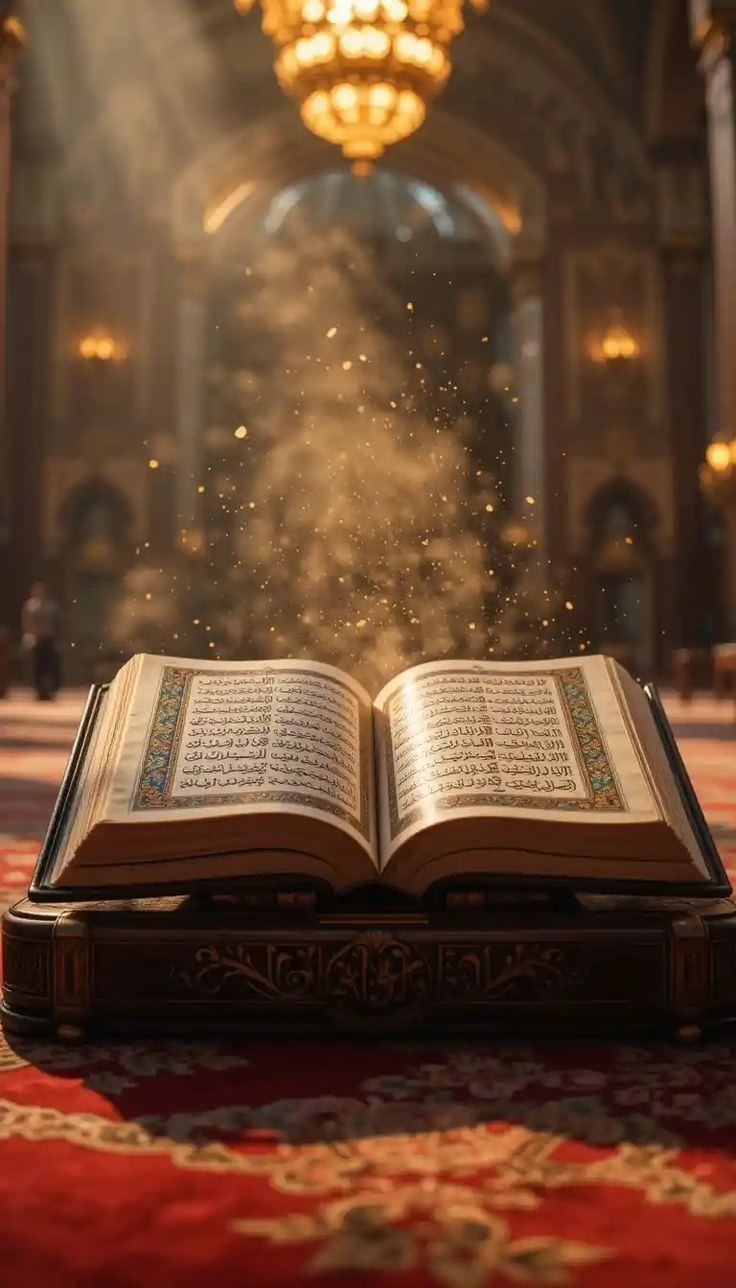
The Scourge of Zulm: A Warning from the Quran, Hadith, and Stories of the Past
Title: The Scourge of Zulm: A Warning from the Quran, Hadith, and Stories of the Past Meta Description: Zulm, or oppression, is a grave sin in Islam. This post explores…
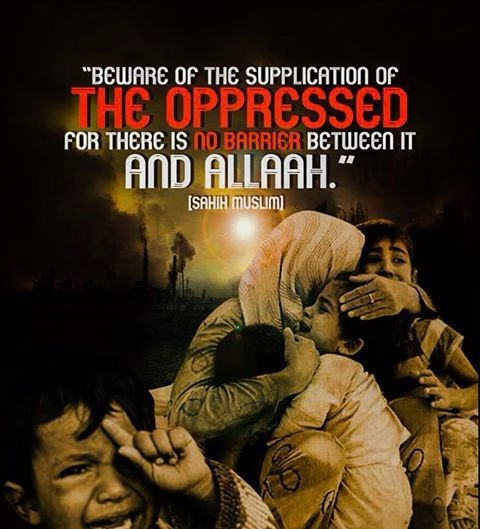
How to Improve Your Salah — Connecting the Heart with Allah
🌙 How to Improve Your Salah — Connecting the Heart with Allah Salah (prayer) is the most powerful way to connect with Allah ﷻ. It is the first deed…

Surah Al-Kahf: A Light for the Modern Muslim
Surah Al-Kahf: A Light for the Modern Muslim Keywords: Surah Kahf, benefits of Surah Kahf, lessons from Surah Kahf, Surah Kahf on Friday, Surah Kahf for protection, Quran reflection,…
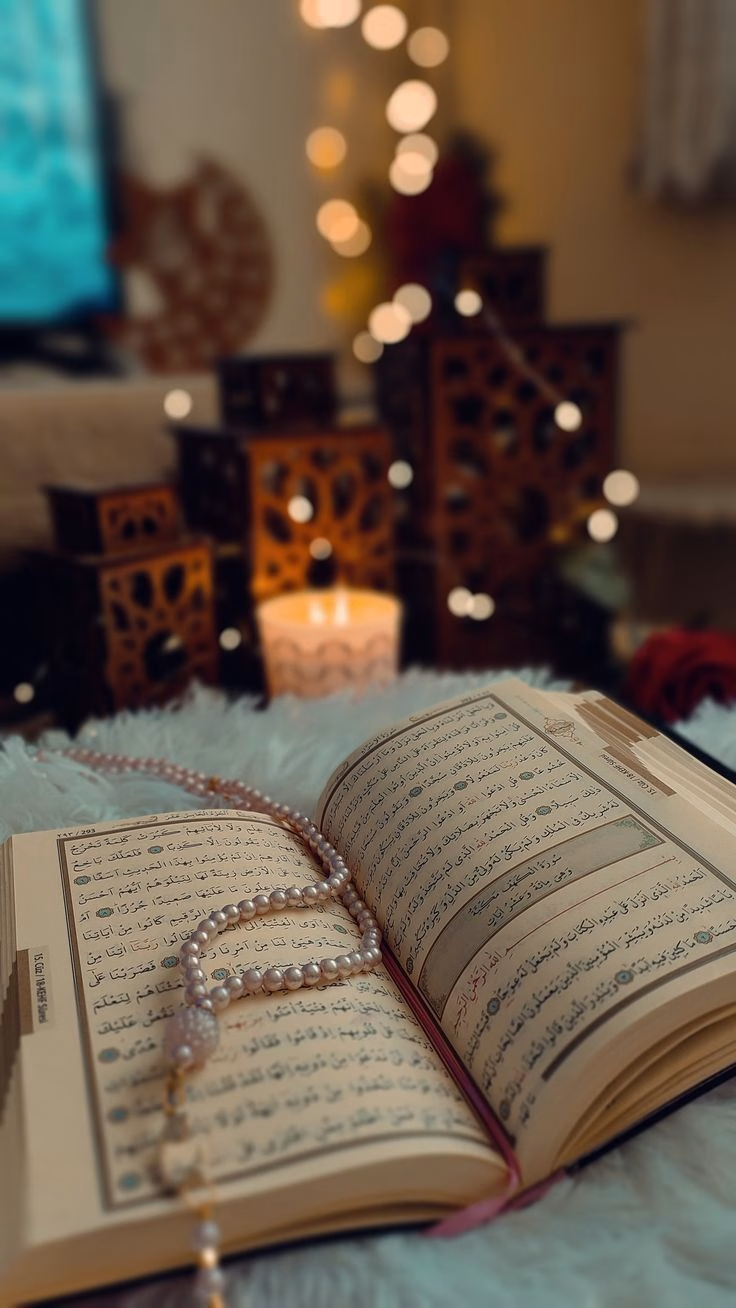
Why Become a Hafiz? The Blessings in This Life and the Next
Here is a detailed look at the virtues of a Hafiz/Hafiza (the one who memorizes the Quran), practical tips for memorization and retention, and the immense rewards promised by Allah…

Unlocking the Divine Opening: A Deep Dive into Surah Al-Fatiha
Surah Al-Fatiha, “The Opening,” is not just the first chapter of the Quran; it is the spiritual and thematic essence of the entire book. Revealed in Mecca, this seven-verse surah…
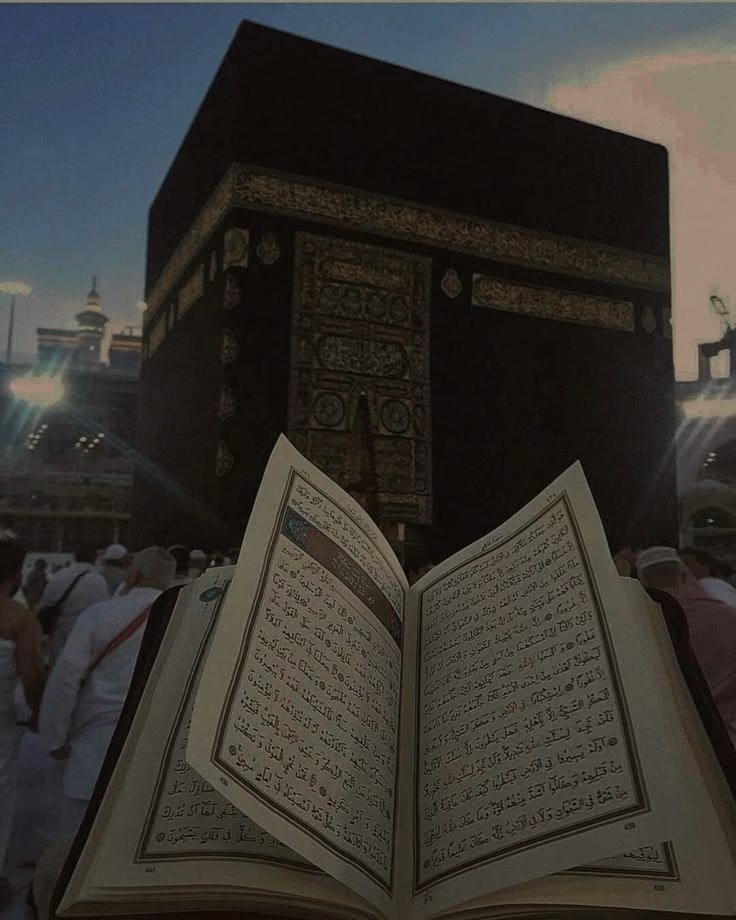
An Inspiring Day with Mufti Suleman Moola in Leicester: Graduations, Guidance, and Dua
An Inspiring Day with Mufti Suleman Moola in Leicester: Programme at Qari Anis Ul Quran Academy Graduations, Guidance, and Radio Dua Alhamdulillah! We were truly blessed to have had the…

